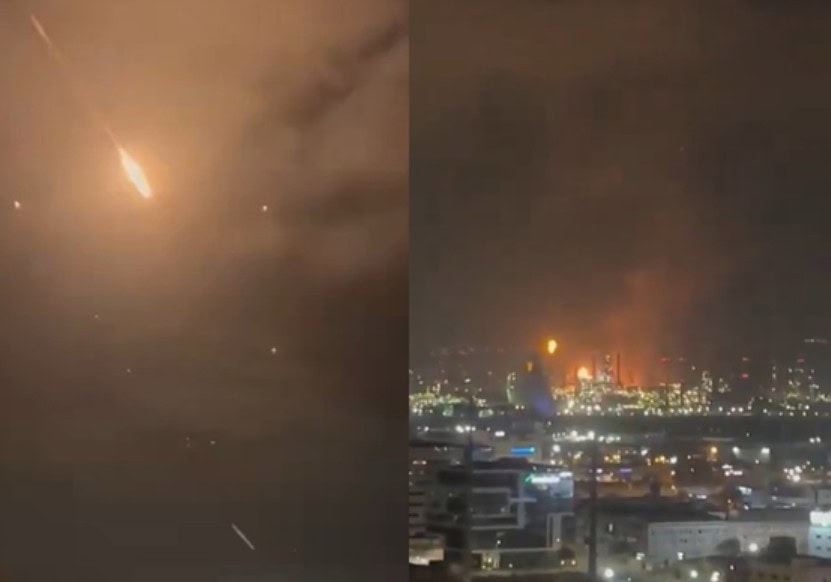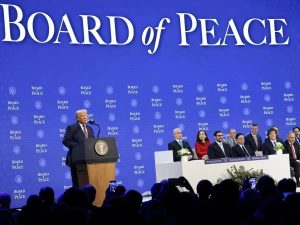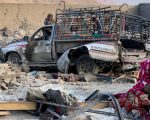JERUSALEM – The conflict between Iran and Israel deepened on Saturday night, as both sides launched retaliatory strikes, targeting major cities and critical energy infrastructure, while diplomatic efforts to de-escalate collapsed.
Just after 11 PM local time on Saturday, Iranian missiles triggered air raid sirens across Israeli cities including Jerusalem, Haifa, and Tel Aviv, forcing millions to take shelter. Israeli military confirmed a series of intense missile salvos through the night, with explosions lighting up the skies and interceptor systems working overtime.
Iran-Israel Attacks
When you wake up in the morning and get to know Israel was pounded all night by Iran😭🤣#TelAviv pic.twitter.com/i1F4hMaLvx
— Amock (@Politicx2029) June 15, 2025
Israeli authorities said at least seven civilians were killed, including a child and a young woman, and over 140 others injured. A residential building in Bat Yam was completely destroyed, with emergency services reporting many trapped under the rubble.
IDF also launched a wave of attacks deep into Iranian territory, striking oil depots, fuel storage facilities, and, most notably, the South Pars gas field, one of the world’s largest. Iranian media confirmed production was partially halted after a fire broke out at the site.
Tehran reported 78 deaths on the first day of Israeli airstrikes, with dozens more casualties on Sunday after a 14-storey apartment block in Tehran collapsed following a direct missile hit. Among the victims were 29 children. Fires were also reported at an oil refinery and near the Iranian Defence Ministry in Tehran.
The sharp escalation led Iran to formally cancel scheduled nuclear talks with the United States, which had been planned in Oman for Sunday. Iranian officials said meaningful dialogue was impossible while “barbaric attacks” from Israel continued.
Israeli Prime Minister Benjamin Netanyahu issued fresh warnings, stating that Iran had seen “only a fraction” of Israel’s military response, and vowed to “hit every target connected to the regime.”
Iranian military officials hinted at the possible closure of the Strait of Hormuz, the strategic waterway vital for global oil exports. Oil prices had already surged 9% on Friday in anticipation of regional supply disruptions. Adding to global concern, US President Donald Trump and Russian President Vladimir Putin issued a joint call for restraint, urging both countries to end hostilities before the region slides into full-scale war.
With over 100 people killed and hundreds more injured, and the prospect of diplomacy fading, the situation now threatens to draw in other regional actors, raising the risk of a broader Middle East war.














